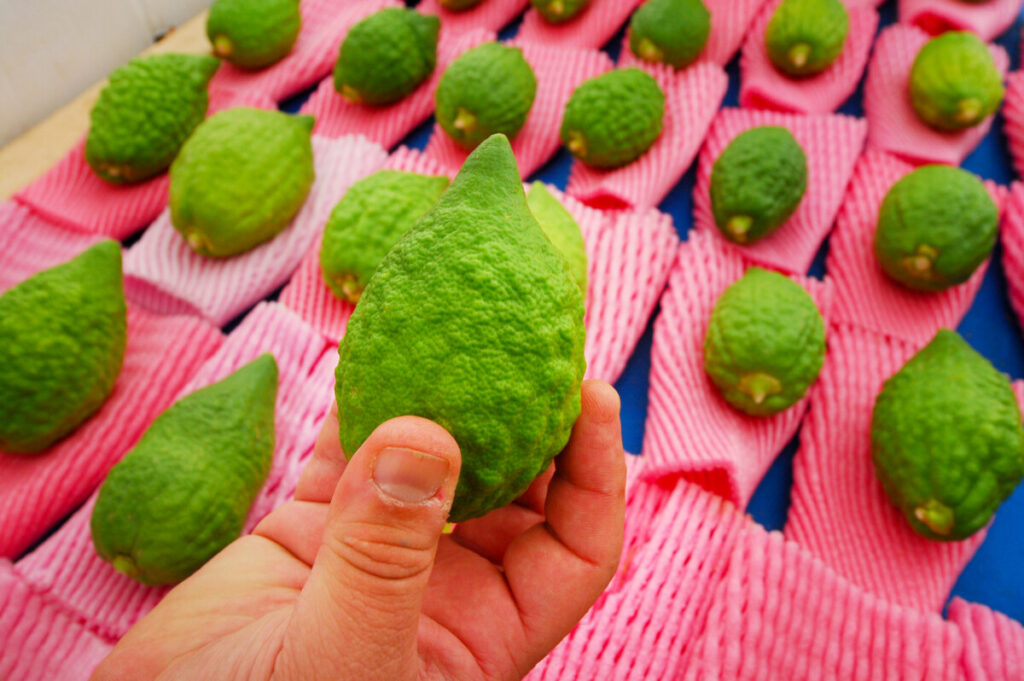
Malkhut The Light of Faith and Prayer Malkhut translates as kingship and implies authority,
The Light of Foundation and Righteousness – Yesod translates as foundation and corresponds to
Bon voyage! As I write these words, I am preparing to leave my home
We have now entered the fourth week of the seven-week Omer counting period. The


